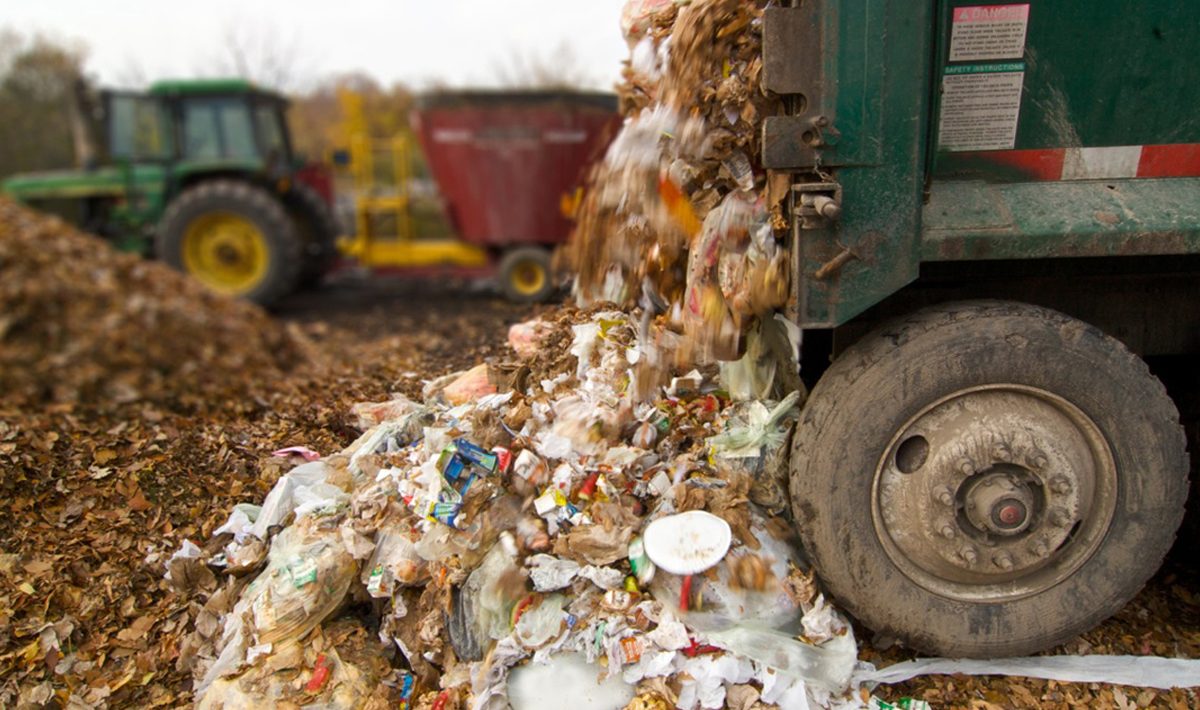By DANA GUZZETTI
Martinez News-Gazette Reporter
MARTINEZ, Calif. – By 2022, California cities will begin phasing in compliance enforcement of SB1383 waste management regulations that go into effect before then, according to Susan Hurl’s report to the City council, July 2.
The state law sets goals of a 50 percent reduction in landfill organic waste by 2020 and 75 percent by 2025. Another purpose is to improve the recovery of edible food waste by 20 percent in 2025. Presently some restaurants and stores donate to food banks and charities but the new rules will require and track those activities, according to the report.
Hurl, Republic Services municipal services manager gave the council a review/history of increasingly stricter laws aimed at reducing pollutants and outlined upcoming regulation changes that the public, municipalities, waste management companies, and small businesses in must comply within the next few years.
Martinez residents have a good record of controlling pollutants, but the complexity, monitoring, and record keeping of waste disposal will go to the next level with compliance enforcement, for which city government (local taxpayers) will have to pay.
Hurl named a long list of requirements for city government. “There will be contamination monitoring, audits on all routes, all paper products that cities use must be recycled, cities must document everything and coordinate with an organic waste company. In addition, cities must to procure a certain amount of renewable gas,” she said.
After a moment of quiet at the end of the presentation, Mayor Rob Schroder asked, “Who proposed this bill?” She did not have an answer for Schroder.
Initially, it was aimed at short-lived pollutants in 2006, but has been added to, and modified by other bills, according to Hurl’s report. It mandates a 40 percent reduction in methane gas (caused by cow flatulence), which is also impacting dairy farmers. Waste management companies will have to provide standard, color-coded and labeled, waste bins throughout the state. How the cost of these changes may affect personal and business ratepayers was not mentioned.
Presently, each geographical waste service area or town has chosen various colored bins for different kinds of waste. Apparently, some people are confused when they move to a different area. “If people move from one city to another they will know what color bin to use,” Hurl said.
Procurement for the new bins begins in 2024, partly because time is needed to determine what to do with the existing bins and get the new ones designed and made. At present, there is no specific plan for how they will be eliminated
New edible food disposal rules will be two-tiered and effect grocery stores and restaurants. One for large grocery chains such as Safeway and Raley’s and another applies to restaurant businesses with 250 or more seats, including food banks and non-profits such as White Pony Express.
There are more details and those who think they might be affected by the coming changes, especially small businesses may want to contact Hurl at Republic Services, or call the City of Martinez to be notified as soon as the details are worked out.
“This is just another unfunded (state) mandate,” remarked Eric Figueroa, city manager.
Councilman Mark Ross, who serves on the Bay Area Air Quality Board commented, “Forty-one percent of greenhouse gas waste comes from waste. It is 22 times more potent than CO2. It is not mentioned in the Green New Deal.”
The following is a brief history of the background prior, related bills: SB1016 mandated that by 2007 cities were required to calculate the per capita diversion rate (to recycled uses) per person, per day, with the goal of 50%. The City of Martinez surpassed that.
In 2014, SB1383 required cities to be dumping less than 50 percent by 2025. In 2018 the city had to submit waste audits for organics, recycles, and food waste to Cal-Recycles.





